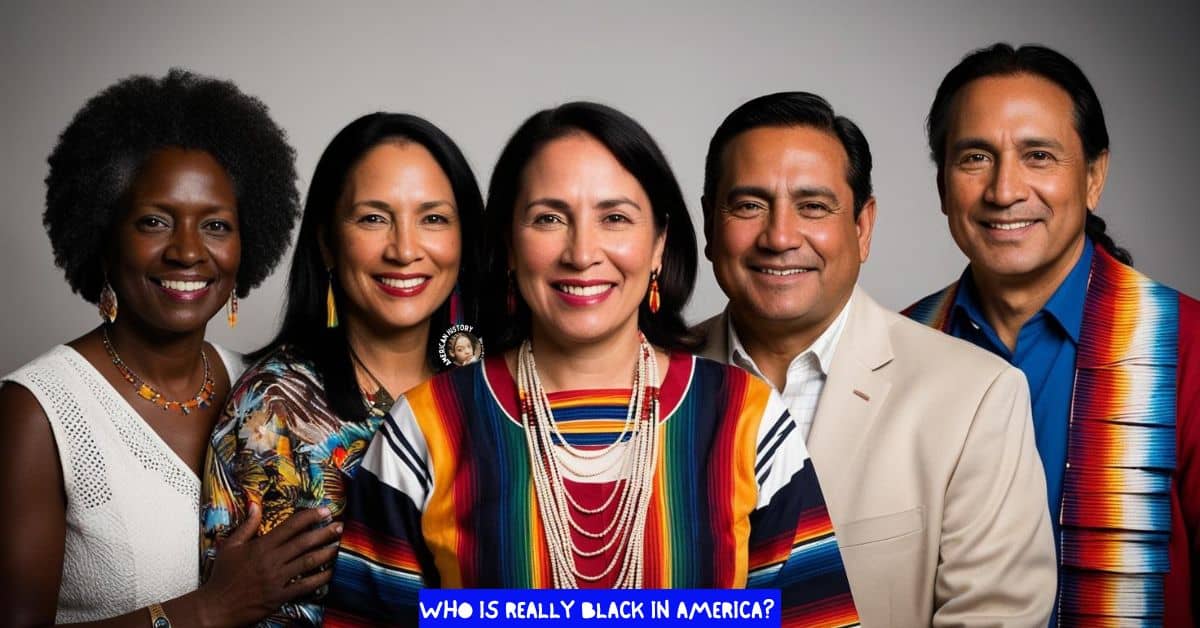Who is really Black in America? The answer ties together science, culture, and spirituality to reveal the powerful story of Black identity.
Black in America is more than just skin color; it’s a story of history, culture, and resilience. For centuries, the concept of Blackness has been shaped by societal labels, personal identity, and global heritage. But who is truly considered Black in America?
The answer might surprise you. In this article, we’ll explore the origins of Black identity, the diversity of Black experiences, and the ways history and culture have influenced what it means to be Black in America.
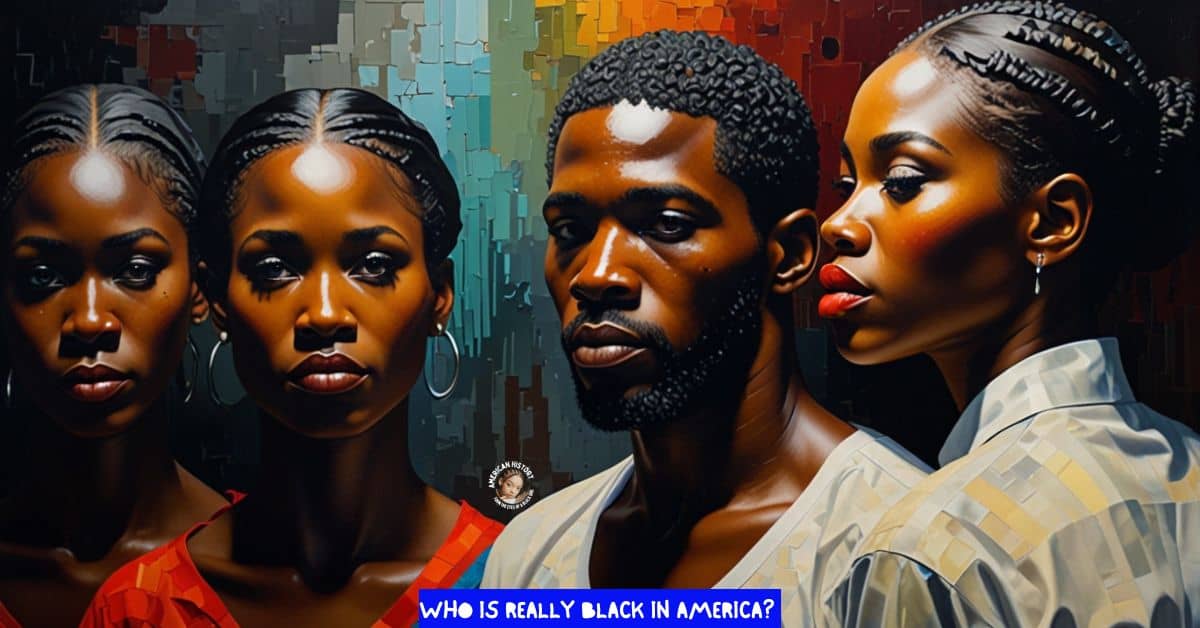
What Does It Mean to Be Black in America?
To understand what it means to be Black in America, you first need to recognize that Blackness is not a one-size-fits-all label.
It’s a rich tapestry of history, culture, and personal experience. In America, Black identity has been largely defined by appearance.
If you have dark skin or features associated with African ancestry, society often categorizes you as Black. This system of racial labeling oversimplifies the true diversity of Black experiences.
For instance, people like Vice President Kamala Harris, whose father is Jamaican and mother is Indian, are labeled as Black in America.
Similarly, former President Barack Obama, the son of a Kenyan father and a white mother, is seen as Black by society.
This highlights how American culture often defines Blackness by appearance rather than ancestry or cultural ties.
How Does Diversity Enrich Black Identity Globally?
Blackness is not limited to African Americans. Black in America includes people from the Caribbean, Afro-Latinos, and even those with African roots in Europe and Asia.
The richness of Black identity comes from its global diversity. African Americans, whose ancestors were enslaved in the United States, have a unique cultural identity shaped by history and struggle.
This is reflected in traditions like gospel music, soul food, and celebrations like Juneteenth.
Caribbean nations like Jamaica, Haiti, and Trinidad contribute to Black culture with vibrant traditions such as Carnival and music styles like reggae and soca.
Afro-Latinos in countries like Brazil and the Dominican Republic carry African heritage alongside Latin cultural influences.
Even in Europe and Asia, communities like the Siddis of India remind us that Black identity stretches far beyond American borders.
How Have Labels for Black Americans Changed Over Time?
The labels used to describe Black people in America have changed over time, reflecting the evolving understanding of race.
In the past, terms like “Negro,” “Freedmen,” and derogatory slurs were used to dehumanize Black people. Over time, the Black community reclaimed power by choosing terms like “Afro-American,” “African American,” and simply “Black.”
Influential figures also introduced their own definitions. The Most Honorable Elijah Muhammad of the Nation of Islam called Black people the “Original Asiatic Blackman,” emphasizing their divine origins.
The Honorable Noble Drew Ali referred to African Americans as “Moors,” highlighting a connection to ancient North African civilizations. These labels reflect the desire to define Black identity in ways that honor history and heritage.
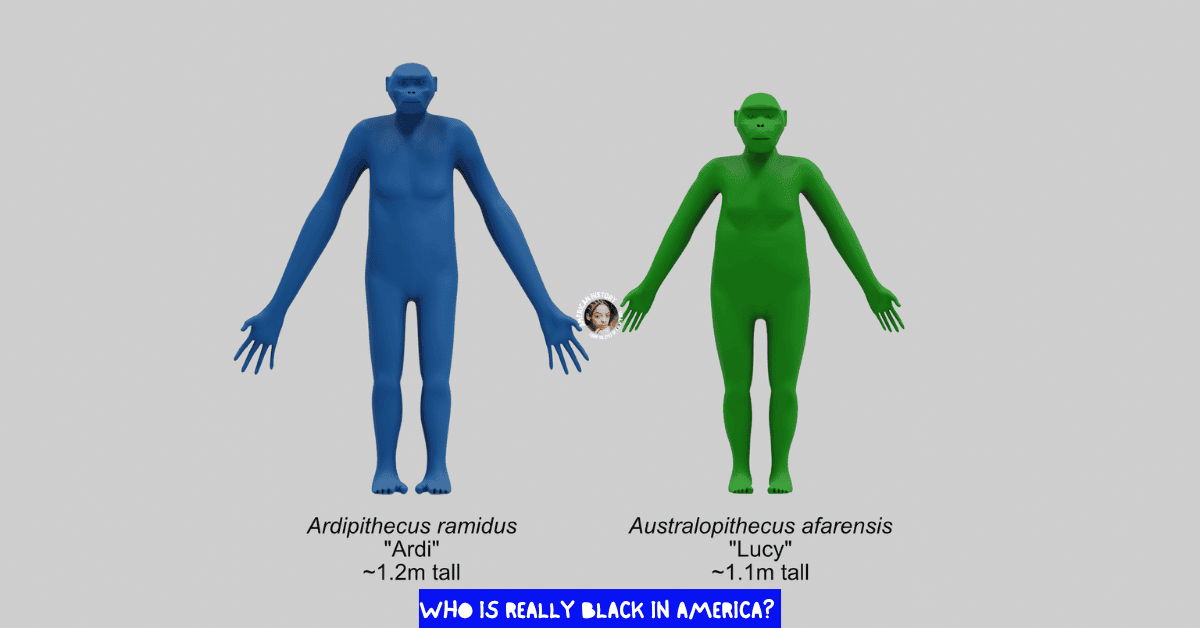
What Are The Scientific Roots of Humanity
Science confirms that all humans trace their roots to Africa, giving new meaning to the term “original.”
Fossil evidence, such as the discovery of “Lucy” in Ethiopia, shows that human life began in East Africa millions of years ago.
DNA studies reveal that all people alive today share mitochondrial DNA from a common African ancestor, often called “Mitochondrial Eve.“
These findings reinforce the idea that Black people are the foundation of humanity. While modern racial categories simplify identity, the truth is that Blackness is deeply connected to the origins of all humans.
Spiritual Perspectives on Being Black in America!
The Most Honorable Elijah Muhammad taught that Black people are the original humans, created by Allah.
He referred to them as the “Original Asiatic Blackman,” emphasizing their divine origins. According to his teachings, civilization began in the Middle East, near Mecca.
This spiritual perspective adds another layer to the story of Blackness, connecting it not only to Africa but also to a sacred beginning.
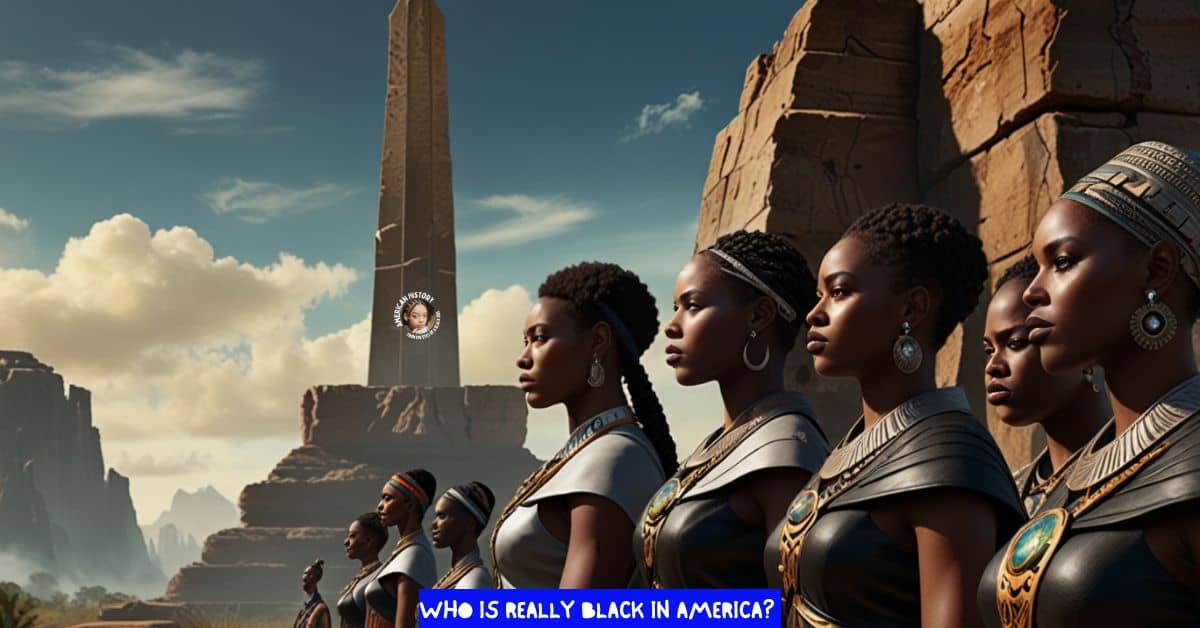
Challenges of Being Black in America
Despite their central role in humanity’s story, Black people in America face systemic challenges. From the legacy of slavery to modern-day racial inequalities, being Black in America often means navigating a world shaped by discrimination.
These challenges highlight the strength and resilience of Black communities, who continue to thrive despite adversity.
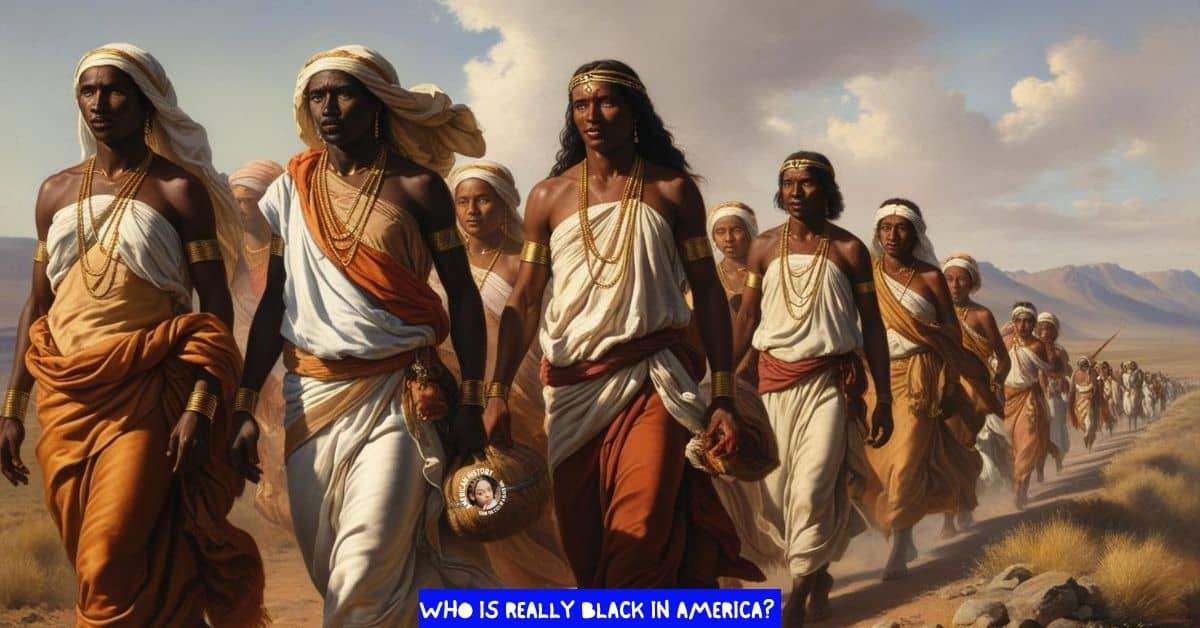
Conclusion
While Blackness is a shared identity, it is also deeply personal. For some, it means reclaiming ancestral roots.
For others, it’s about building community and celebrating culture. The diversity within Black identity is its greatest strength, allowing individuals to connect across borders while honoring their unique stories.
Being Black in America is a complex, rich, and deeply personal experience. It goes beyond skin color and embraces a history of resilience, creativity, and global connections.
Blackness is both the root of humanity and a testament to survival against all odds. By understanding its complexities, we can better appreciate the beauty and strength of Black identity.

Explore Black History:
Ready to explore more? Visit the History in Motion category here: History in Motion.
Don’t forget to check out my YouTube channel for videos that bring these stories to life. Together, let’s educate, inspire, and celebrate the incredible legacy of history. Visit Black History in Motion Playlist today!
FAQs: Who Is REALLY Black in America?
- What does it mean to be Black in America?
Being Black in America means identifying with a rich history and culture shaped by African ancestry and influenced by personal experiences, appearance, and heritage. - Are Afro-Caribbeans considered Black in America?
Yes, Afro-Caribbeans are considered Black in America, contributing their unique cultures to the broader tapestry of Black identity. - How does science explain Black identity?
Science shows that all humans trace their roots to Africa, reinforcing the idea that Black people are the foundation of humanity. - Why are some people labeled Black based on appearance?
In America, racial categories are often based on physical features like skin color, simplifying the diverse realities of Black identity. - What is the role of spirituality in Black identity?
Spirituality adds depth to Black identity, emphasizing its divine origins and connecting it to sacred beginnings in Africa and the Middle East.

